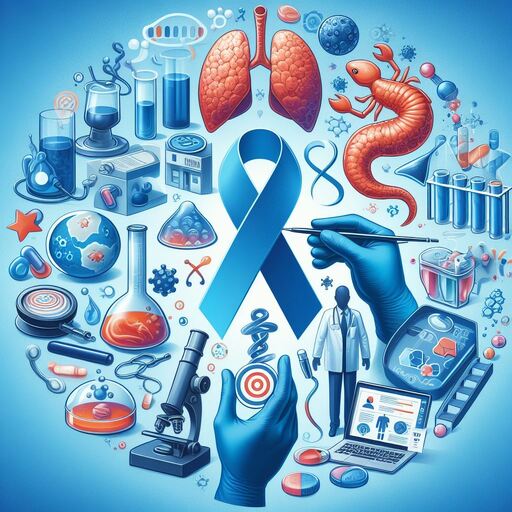Empowering Progress in Amyloidosis Awareness and Treatment: A Journey Towards Hope
Empowering Progress in Amyloidosis Awareness and Treatment
Tags: Amyloidosis Awareness, Medical Advances, Patient Advocacy, Rare Diseases, Treatment Innovation
Amyloidosis, a group of rare diseases characterized by the abnormal accumulation of amyloid proteins in tissues and organs, has long been shrouded in complexity and mystery. However, recent years have witnessed a remarkable surge in efforts to raise awareness about amyloidosis and to advance novel treatments, offering newfound hope to patients and their families.
Understanding Amyloidosis: Unraveling the Challenge
Amyloidosis encompasses several distinct conditions, each with its own underlying causes and clinical manifestations. The common denominator is the formation of amyloid fibrils—abnormal protein structures—that deposit in vital organs such as the heart, kidneys, liver, and nervous system, impairing their function over time.
For instance, light-chain (AL) amyloidosis stems from abnormal plasma cells producing amyloid-forming proteins, while hereditary forms like transthyretin (ATTR) amyloidosis result from genetic mutations affecting protein stability. This heterogeneity underscores the complexity of diagnosing and treating amyloidosis effectively.
Raising Awareness: Shedding Light on a Rare Disease
One of the primary challenges in combating amyloidosis is its low awareness among the general public and even within medical communities. Many patients experience delayed diagnosis or misdiagnosis due to the rarity and varied presentation of the disease.
Efforts to enhance awareness are crucial. Patient advocacy groups, medical professionals, and researchers are working collaboratively to educate healthcare providers, promote early detection strategies, and empower patients to recognize symptoms and seek timely intervention. Increased visibility through awareness campaigns, educational materials, and patient testimonials is key to fostering a deeper understanding of amyloidosis.
Empowering Progress in Amyloidosis Awareness and Treatment
Advancing Treatment Frontiers: Innovations and Breakthroughs
Recent strides in amyloidosis research are driving transformative changes in treatment approaches. Traditional therapies aimed at managing symptoms are now complemented by targeted interventions designed to halt or reverse amyloid deposition.
Novel drug therapies, including monoclonal antibodies and small molecule inhibitors, are showing promise in clinical trials for certain forms of amyloidosis. These therapies aim to disrupt the formation of amyloid fibrils or facilitate their clearance from tissues, offering renewed hope for improved outcomes and quality of life.
Empowering Progress in Amyloidosis Awareness and Treatment
Empowering Patients: A Catalyst for Change
Central to the progress in amyloidosis research is the active involvement of patients and their advocates. Patient support networks provide invaluable resources, guidance, and emotional support, empowering individuals to navigate their healthcare journey with confidence.
Furthermore, patient participation in clinical trials is instrumental in accelerating the development and approval of new therapies. By sharing their experiences and insights, patients contribute directly to the advancement of amyloidosis treatment, ensuring that future generations may benefit from improved care and outcomes.
Looking Ahead: A Future Alight with Hope
As we look to the future, the landscape of amyloidosis is evolving rapidly. Advances in biomarker discovery, genetic screening, and personalized medicine hold promise for earlier diagnosis and more tailored therapies.
With a united front encompassing healthcare providers, researchers, patient advocates, and policymakers, the vision of conquering amyloidosis grows ever closer. Through collective efforts to raise awareness, advance treatment options, and support those affected by this challenging disease, we are forging a path towards empowerment and progress—a path illuminated by hope for a brighter tomorrow in the fight against amyloidosis.
Empowering Progress in Amyloidosis Awareness and Treatment

